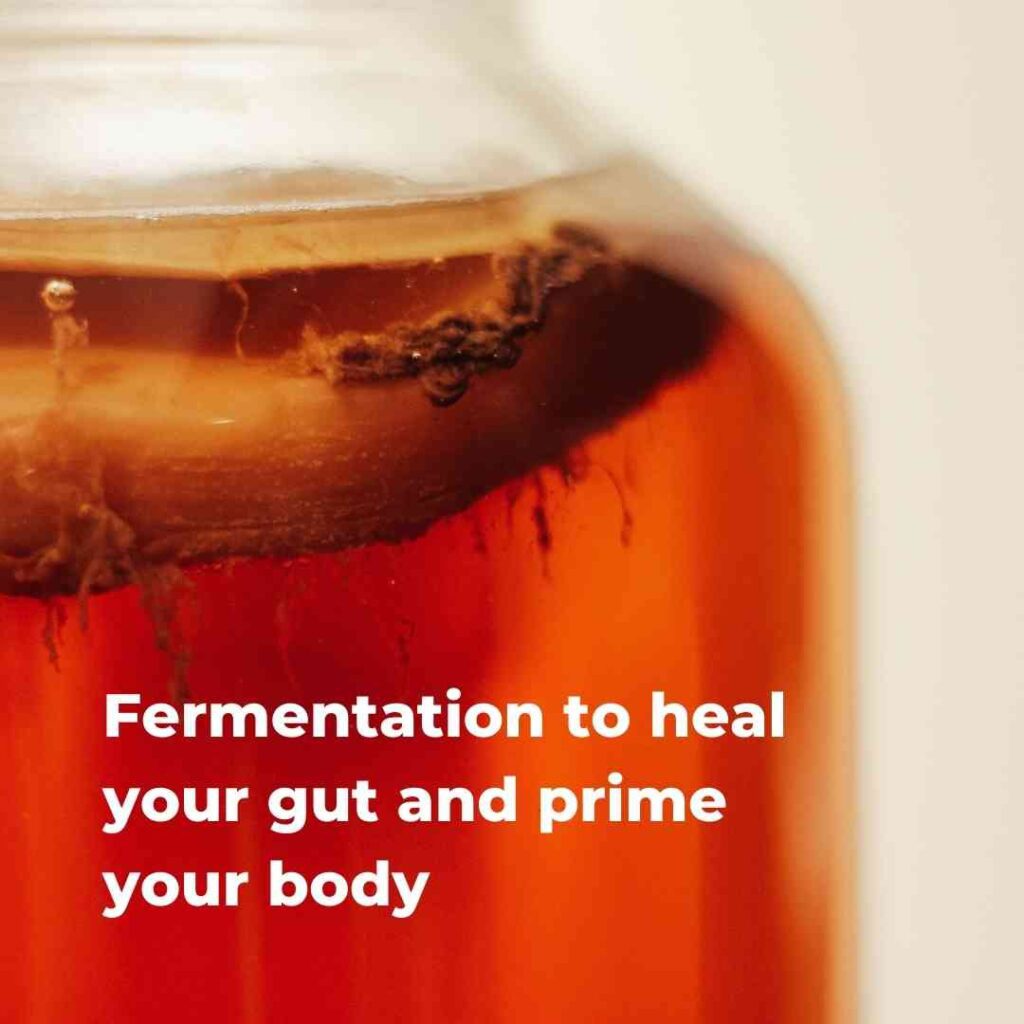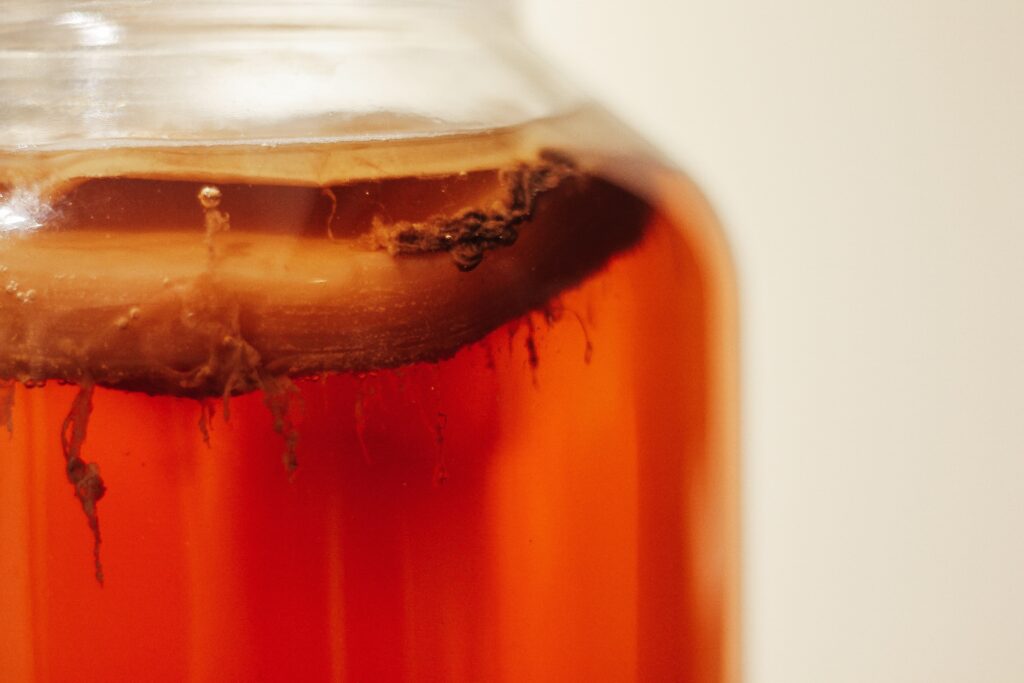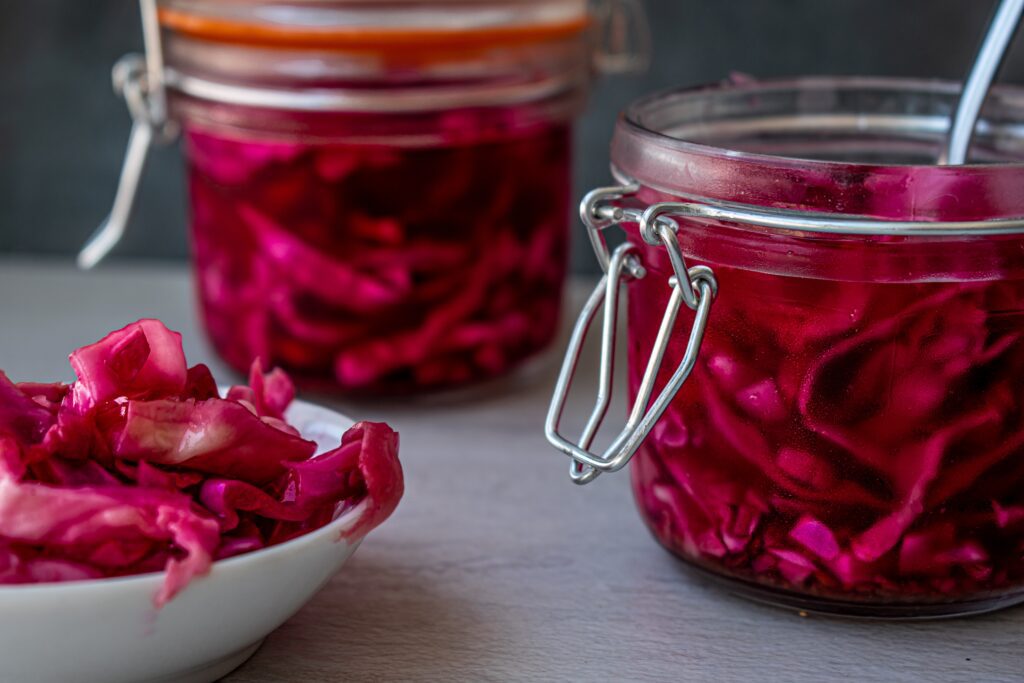
Fermentation to heal your gut and prime your body
About a year ago, after two back-to-back courses of antibiotics and a carb binge, I essentially developed a gluten intolerance. With much of the health world ruling our gluten entirely these days, you can imagine my dismay when I was suddenly, unintentionally, thrust into the very same category.
I couldn’t eat anything without my stomach knotting into cramps for weeks, and by the time my stomach calmed, a whiff of white flour would send it into panic. The reason for this was very simple: antibiotics pretty much wipe all the beneficial bacteria from your body in the process of eliminating the harmful pathogens. Not particularly ideal when your entire system relies on the health of the microbiome to keep it running optimally. I basically took two courses of antibiotics, and then plied my gut with gluten-heavy foods it was in no position to digest. So naturally, my body rejected the substance.
I had resigned myself to living this croissant-free life when I returned to Costa Rica and, by chance, started incorporating fermented foods back into my diet. I was living in the jungle, on the edge of the Caribbean. It was hot and humid – the fermentation process took a matter of days. I began to ply my gut with kraut, kombucha, vegetable pickles, wild sodas. I was there for four months. By the time I returned to South Africa I could tuck into a croissant without a worry in the world.

ALCOHOLIC (by yeasts) glucose → CO2 → ethanol
LACTIC ACID (by lactobacillus) Lactose → glucose → galactose → lactic and lactateIf you want to get technical – the process is an anaerobic catabolic incomplete oxidation, through an enzymatic pathway. Essentially the bacteria colonise the substance and convert the lactose, or other sugars, into lactic acid to stabilise the food.
Why does eating fermented foods improve our health?
Fermented foods can rejuvenate our bodies, promote longevity and improve our overall health in so many ways. The fermentation process breaks down dense complex proteins to increase the bio-availability in foods. These foods are highly digestible as they have already been pre-digested by the bacteria. Your body is essentially getting more nutrients from the food itself and doing half the work to process it internally.
But it goes much further than this. By consuming traditional fermented food and drinks, particularly those you have made by interacting with the wild microorganisms in your environment, your body becomes intricately connected with the life forces around you. Your body gains the ability to adapt to changing environments, maintaining a healthy microbiome and immune system in the process. You are pretty much priming your body for life.
When I started eating fermented foods again after developing a gluten intolerance, the bacteria colonising the foods supported my gut bacteria and helped it gain equilibrium once again. Simple as that.
So how can you start incorporating these fermented foods into your diet?
Well, first prize would be jumping on the boat and making them yourself! That being said, our busy lives sometimes can’t accommodate that, so keep an eye out at your local farmers’ market for any of the following which may tickle your fancy.
- Sauerkraut or kimchi (the only difference here is spices really – one is German, one Korean)
- Raw vinegars – ditch the filtered apple cider for the cloudy one, it’s got way more nutrients in it.
- Kombucha or water kefir – deliciously refreshing, fizzy and packed with life
- Sourdough bread from your local bakery

By Skye Mallac




